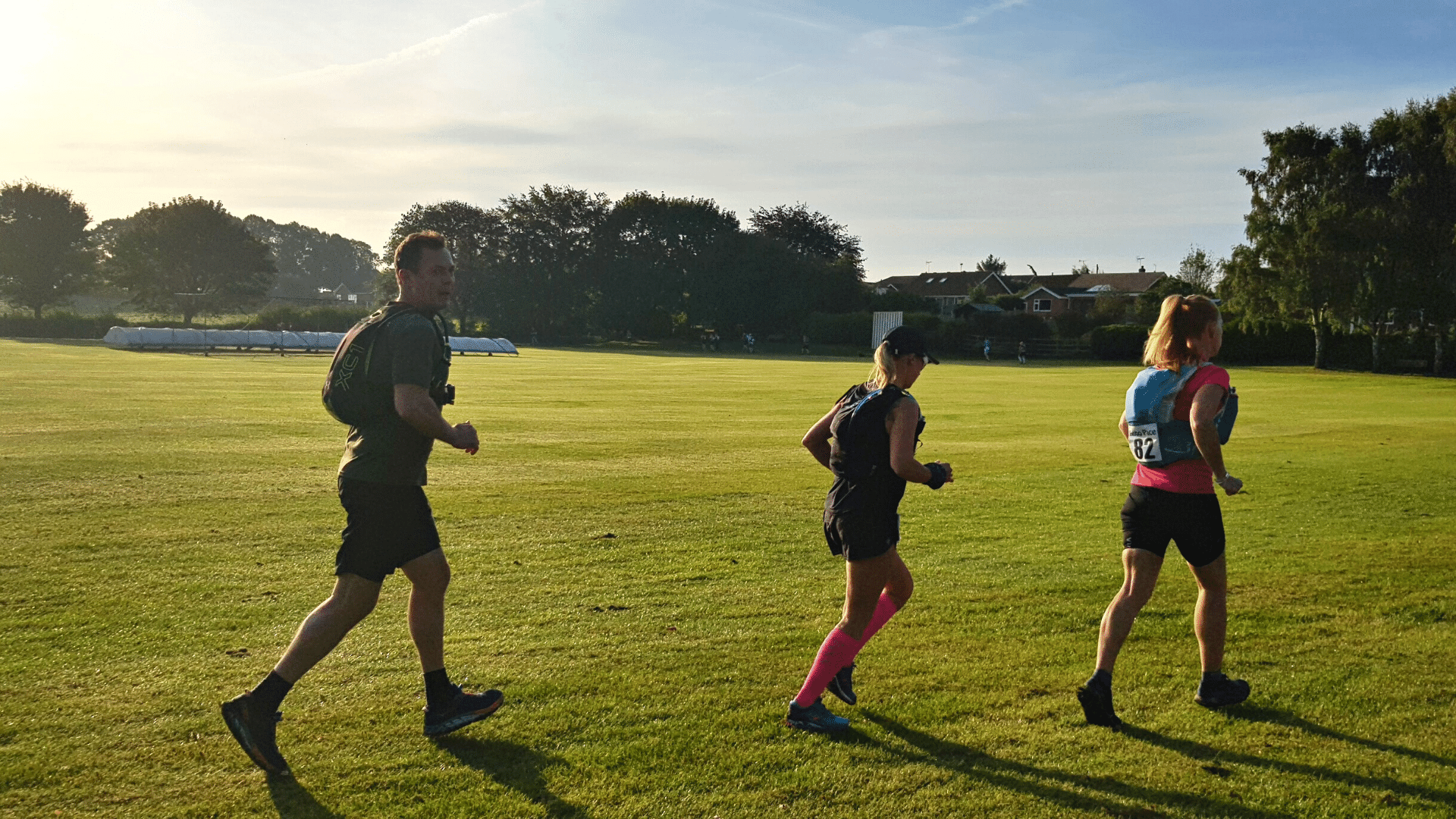Don't come crying to me if you're dehydrated
In our house there’s a running joke, and the punchline is ‘I’d say you’re dehydrated’. Okay, so it’s not a very funny joke but we get a giggle out of it. My kids and wife know that I believe staying hydrated will keep many ills at bay and if they come to me complaining of any ailment (broken ankles included Fiona) that my first question is, ‘How much water have you been drinking today?’.
Maintaining hydration as a runner is important for health and performance. Water regulates our body temperature, removes waste, helps bring energy to our cells and cushions our joints. Adequate hydration can improve recovery, minimise injury and cramping, and maximise performance.
After oxygen, water is a close second on the list of life essentials. We lose water through urinating and breathing and, of course, sweating. Dehydration causes your blood volume to drop, which lowers your body’s ability to transfer heat and forces your heart to beat faster as your oxygen-carrying capacity drops, making it difficult for your body to meet aerobic demands.
A dehydrated runner can experience lack of coordination, thirst, fatigue, dry mouth, cramps or spasms, headache and nausea.
Drinking water during your long runs will help you to stay running at peak performance
The few days before a long run I make a conscious effort to hydrate. I have often been told that if you drink a lot before a run you can drink less during that run. That is not the case, not in my experience. What you should be doing is arriving hydrated to a run, then continuing to top up during it.
Your body is an efficient machine. If you try to overfill it, it will get rid of the excess. Give it just what it needs and it’ll work optimally.
Most runners know about sodium, but sweat also contains chloride, magnesium and potassium and they play a vital role in maintaining fluid balance and muscle function. A deficiency in these minerals can exacerbate the symptoms of dehydration and cause muscle cramps. To ensure you don’t start a race deficient of magnesium, you should regularly eat leafy greens, almonds, pumpkin seeds, tofu, flaxseeds, broccoli and lentils. I also take a magnesium supplement each night before bed. For potassium, bananas, sweet potatoes, beets, tomatoes, oranges and pomegranate juice are good. You can support your endurance running by adding electrolytes to your water when you're going for a long run, or running on particularly hot days. You can also add electrolytes to your water after your training to help recovery. I use electrolyte tablets, or electrolyte drops, designed for sport.
Take note of the specific conditions of a given training or race day. Hot and humid conditions mean that replenishing your fluids and sodium levels is even more important.
The earliest signs of dehydration may be dark-coloured urine or a slight headache. As the condition worsens, you may feel extreme thirst, debilitating muscle cramps, fatigue and sometimes even a decrease in heart rate. It’s necessary to recognise and take heed of these signs because dehydration can do more than hurt your race performance – it can be life-threatening.
One way to determine your hydration status is to weigh yourself, without clothing, before and after a long run. If you’ve only lost 1 to 2% of your body weight, you’re in a good place. If you’ve lost more than 2 or 3% of your body weight, try drinking more during your long runs and drink water more regularly on the day before your run.
Jonathan during the Robin Hood 100 mile race wearing his hydration back pack
As with all aspects of race preparation, practicing in training will pay off on race day. It wasn’t until my fourth ultramarathon that I started using a hydration pack, sometimes called a water bladder backpack. Designed to carry your water, with a handy integrated drinking straw so you can drink while you run, they usually have a little extra space to carry some other essential race supplies and food. My early ultramarathons were all loop races so I was never too far from my support team; however, hydration packs were mandatory for the Belfast 2 Dublin event. Wearing one does mean that you may have a hot and sweaty back, but the benefit of being able to run without fear of dehydration far outweighs the downside.
Check out your race requirements early. See if there are any instructions on what you must carry at all times. If you are going to be self-sufficient for long sections of the race, invest in a hydration pack early in your training and wear it on all your long runs.
Hydration is a daily habit and some experts recommend eight glasses, or two litres, on a ‘normal’ day, increasing when you are in unusually hot or humid conditions or exercising. Set your daily target accordingly.


